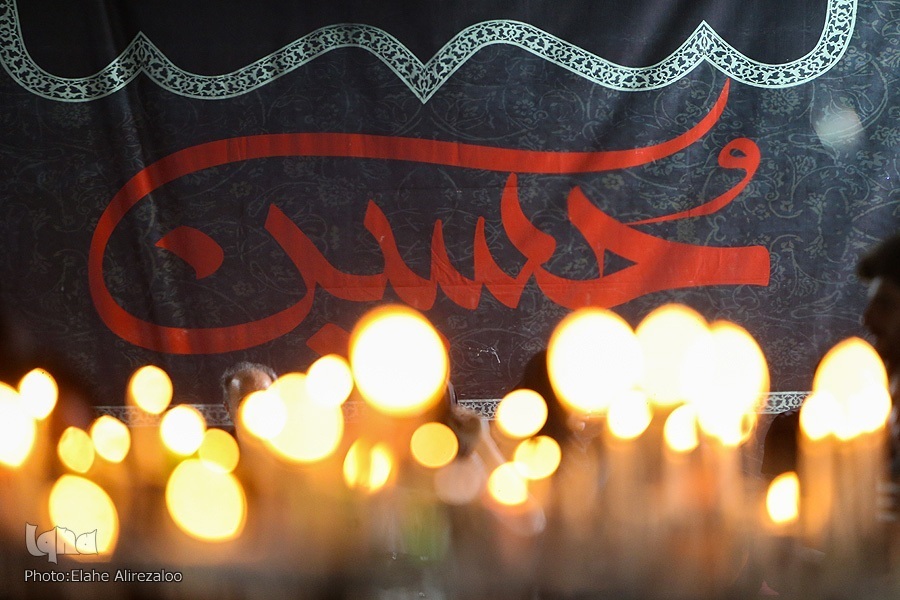Ashura Seen as Lifeblood of Shia Islam, Not Just a Historical Event, Scholar Says

Speaking at the Islamic Sciences and Culture Research Institute in Qom, Dr. Ne’matollah Safari Foroushani, a faculty member at Al-Mustafa International University, warned against relying exclusively on historical approaches to interpret the events of Ashura. His remarks came during the third session of a scholarly series on the history and traditions of the Ahl al-Bayt (AS), which focused on Ashura and the misuse of historical analysis.
“Ashura is not an ordinary event,” he said. “It is a unique and foundational moment for Shia Islam. It cannot be fully subjected to historical frameworks that allow for arbitrary interpretations.”
He added that while certain aspects of the event can be analyzed historically, others go beyond the scope of history and require theological, legal, and narrative understanding.
Read More:
Foroushani cautioned that some historians lacking expertise in Islamic jurisprudence may misinterpret critical elements, such as the reasoning behind Imam Hussein’s (AS) unfinished Hajj pilgrimage or the prayers performed on the day of Ashura. “These are issues that require familiarity with fiqh and theology, not just historical context,” he noted.
He also urged scholars to integrate other disciplines—such as sociology, anthropology, mythology, and epic studies—into the analysis of Ashura, arguing that these fields offer insights beyond what traditional history can provide.
“A historian of Ashura must have at least a working knowledge of these fields to offer a comprehensive and meaningful analysis,” he said.
Read More:
Outlining four levels of scholarly engagement—familiarity, proficiency, expertise, and lifelong devotion—Foroushani stressed that a historian without awareness of related Islamic sciences such as hadith, theology, biographical evaluation (ilm al-rijal), and jurisprudence cannot offer a holistic understanding of Ashura.
“History as a discipline tends to secularize,” he said. “Historians often describe themselves as ‘morticians of the past,’ focusing solely on events without regard to spiritual or symbolic significance. But Ashura is a sacred event. A Shia historian must recognize this and propose methods that preserve its sanctity while maintaining scholarly rigor.”
The third Shia Imam (AS) and a group of his family and companions were martyred in Karbala on the 10th of Muharram (Ashura), 680 AD, by the army of Yazid bin Muawiya.
4293883



